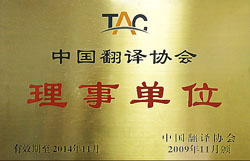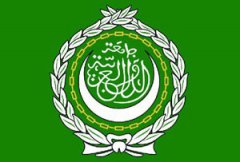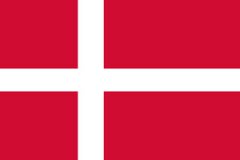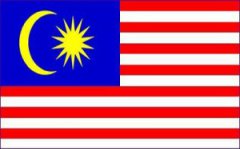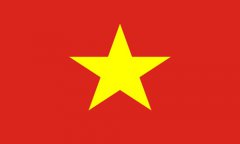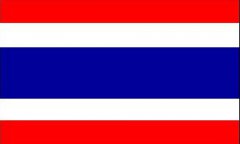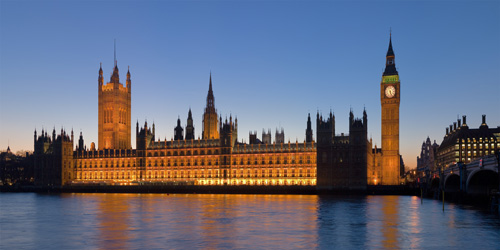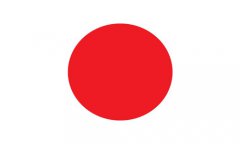津巴佈韋將加強與友好國傢合作抗衡西方制裁
Zimbabwe's new cabinet, led by veteran leader Robert Mugabe, on Wednesday pledged to fight decade- old Western sanctions with the country's rich natural resources and investment from friendly countries like China.
After swearing in the trimmed-down, 26-member cabinet, Mugabe said sanctions will not "destroy Zimbabwe," despite of having left a dent on the country's economy.
"Zimbabwe will never fall. Yes, they (sanctions) can be an impediment but we will find ways to make progress. We have friends who want to work with us," he said.
The West led by Britain and the United States has maintained sanctions on Zimbabwe since the early 2000s and it recently said it will not lift the sanctions because the July 31 elections that were broadly won by Mugabe and his Zanu-PF party were flawed.
African countries, as well as world powers like China and Russia, have largely endorsed the electoral process.
Finance Minister Patrick Chinamasa, the incoming top economic manager of the government, said he was skeptical about relations with individual European Union countries that appear to be friendly to Zimbabwe.
"Because the doors have been closed by countries which were our traditional partners, we have to intensify new economic relationships and friendships and that means every country that is friendly to Zimbabwe including China and other countries that want to trade with us," he said.
A trained lawyer by profession and former justice minister, Chinamasa was tasked with the mammoth task of reviving Zimbabwe's 10-billion-US-dollar economy, whose growth has been slowing down to projected 3.4 percent this year over low diamond mining revenues.
Chinamasa, who gave the green light to multi-currency system during months of service as acting finance chief in 2009, said a performing economy was vital for Zimbabwe and the country could only overcome economic challenges by "intensifying economic relations with willing countries" as well as increasing indigenous participation in the economy.
Mugabe's government is set to forge ahead with the indigenization drive under which foreign companies must cede 51 percent shareholding to locals.
The controversial indigenization policy is designed as a Mugabe legacy after the land resettlement drive in the 1990s and 2000s that saw farms owned by colonial-time white settlers being confiscated and distributed to landless black Zimbabweans.
Mugabe justified the indigenization, arguing that Zimbabwe will not pay for its natural resources when it gets into joint ventures with foreign companies for mineral development.
"Our natural resources matter much more than your capital. Your digging of the mineral resources does not make you owners of our natural resources," he said.
Zimbabwe has significant reserves of platinum, chrome, diamond, coal and iron ore. South African and Chinese mining firms lead the foreign corps that operate in Zimbabwe's booming mining sector.
Over the years, China has emerged as Zimbabwe's top investor, with 900 million US dollars-worth investment projects approved by the Zimbabwean authorities in 2012 alone. Bilateral trade only exceeded 1 billion US dollars last year and was in Zimbabwe's favor thanks to the tobacco exports.
The president said the new government will work to improve the productive sectors of the economy as well as transport and communication infrastructure so that they become enablers of industry.
Financial sector will also be looked at so that banks effectively play their role in the economy that includes adequately supporting the agricultural sector.
Meanwhile, the president said while he appreciated the need for Zimbabweans to work together, he found it difficult to accommodate opposition members in his new cabinet because of their negative attitude.
"I would have expected the opposition to say ah, we have lost and we accept defeat but we are prepared to work together. No, they did not do that," he said.
The main opposition party led by former prime minister Morgan Tsvangirai refused to accept Mugabe's win alleging vote fraud.
Tsvangirai's MDC-T party, in a four-year coalition government with Mugabe's Zanu-PF prior to the July 31 elections, helped run the government's economic departments. Former finance minister was MDC-T's secretary general Tendai Biti.
After the elections, Mugabe also scrapped several economic departments including the ministry of economic planning and development and the ministry of regional integration and international cooperation established under the coalition government.
The opposition has openly lamented Mugabe's cabinet picks, questioning the ability of the hard-line loyalists filling in the cabinet some of whom have served in the cabinet as early as in the 1980s.
簡明釋義:津巴佈韋總統穆加貝領導的新政府在周三表示,津巴佈韋將依靠自身資源及加強與傳統友好國傢例如中國和俄羅斯的經貿合作來抗衡西方國傢長達10年的制裁。以美國與歐盟為首的西方自上世紀初以來開始對津巴佈韋實施武器禁運和各類制裁,至今歐美國傢依舊不允許穆加貝和執政黨高層入境,美國企業不允許與津執政黨控制的國有礦業企業開展合作。






